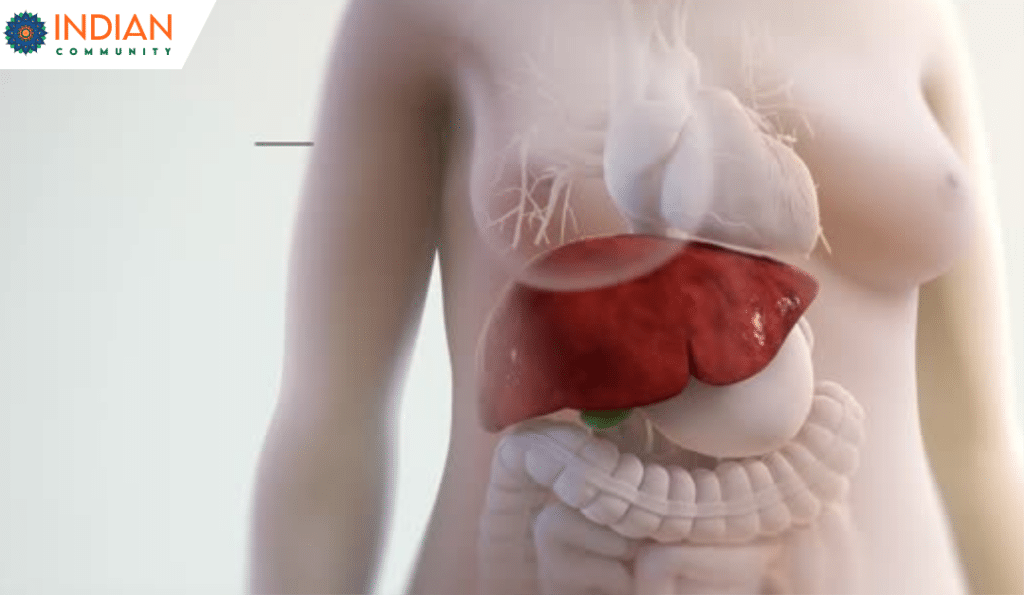Fatty liver disease, particularly Metabolic Dysfunction-Associated Steatotic Liver Disease (MASLD), is a condition characterized by fat accumulation in the liver. This article explores how weight loss and lifestyle changes can help reverse MASLD, offering insights into treatment strategies and practical tips for improving liver health.
What is Metabolic Dysfunction-Associated Steatotic Liver Disease (MASLD)?
MASLD, previously known as Non-Alcoholic Fatty Liver Disease (NAFLD), is a condition where fat builds up in the liver without alcohol being a factor. While there is no immediate damage to the liver, it can lead to more severe liver conditions if left untreated. The good news? MASLD is reversible if you take early steps to address the issue.
The Role of Weight Loss in Reversing MASLD
Weight loss is considered the most effective way to control and even reverse MASLD. Research suggests that losing as little as 3% to 5% of your body weight can have a positive impact on liver health, while a target of 10% is ideal. Here’s how weight loss benefits your liver:
- Reduced Fat in the Liver: Losing weight helps reduce fat accumulation in the liver.
- Improved Liver Function: Weight loss can improve liver enzyme levels and reduce inflammation in the liver.
- Decreased Risk of Cirrhosis: Long-term weight loss helps prevent the progression of fatty liver disease to more severe stages, such as cirrhosis or liver cancer.
Effective Ways to Lose Weight Safely
To reverse MASLD, it’s important to lose weight in a healthy and sustainable way. Here are several methods you can consider:
- Dietary Changes:
- Eat More Fruits and Vegetables: Incorporating a variety of fruits and vegetables helps lower fat in the liver and boosts overall health.
- Include More Fish: Omega-3 fatty acids found in fish can reduce liver fat and inflammation.
- Focus on High-Fiber Foods: Whole grains, beans, and legumes help control weight and improve liver health.
- Limit Carbohydrates and Sugars: Reducing processed carbs and sugar intake can significantly lower liver fat.
- Exercise:
Regular physical activity, such as walking, swimming, or cycling, helps you lose weight and improve liver function. Aim for at least 150 minutes of moderate exercise per week. - Medical Interventions:
For some individuals, weight loss surgery or weight loss medications may be necessary if lifestyle changes alone are not sufficient. Always consult with your doctor before pursuing these options.
Treating Underlying Health Conditions to Improve Liver Health
MASLD is often linked with other health conditions such as diabetes, high cholesterol, and high triglycerides. Treating these conditions can also help reduce liver fat and prevent the progression of the disease. Common treatments include:
- Managing Diabetes: Control blood sugar levels through medication and lifestyle changes.
- Cholesterol and Triglyceride Management: Medications like statins can help lower fat levels in the blood.
- Sleep Apnea Treatment: CPAP therapy for sleep apnea can improve liver health by enhancing oxygen flow during sleep.
Lifestyle Modifications to Support Liver Health
Besides losing weight, other lifestyle changes can significantly improve liver function:
- Limit Alcohol Consumption: Alcohol is a major contributor to liver damage. If you have MASLD, it’s crucial to avoid alcohol completely, or at the very least, limit your intake.
- Be Careful with Over-the-Counter Medications: Some common drugs, such as acetaminophen (Tylenol), can strain the liver. Always follow the recommended dosages and consult your doctor before taking new medications.
- Stay Hydrated: Drinking plenty of water helps the liver function properly and aids in detoxification.
Medications and Supplements for MASLD
Currently, there are no specific drugs approved to treat MASLD. However, medications may help manage the condition or its symptoms. These include:
- Resmetirom (Rezdiffra): A medication approved for the advanced stages of MASLD, called Metabolic Dysfunction-Associated Hepatic Steatosis (MASH).
- Vitamin E: Some studies suggest vitamin E may help improve liver function, but it’s not recommended for everyone. Consult your doctor before using it, especially since it has been linked to prostate cancer in some studies.
Can Weight Loss Reverse Fatty Liver Disease?
Yes, weight loss can play a key role in reversing fatty liver disease, particularly MASLD. By adopting a healthy lifestyle that includes a balanced diet, regular exercise, and medical treatment where necessary, you can improve your liver health and prevent further complications. Always consult with your doctor to create a personalized plan that best addresses your needs and health goals.

